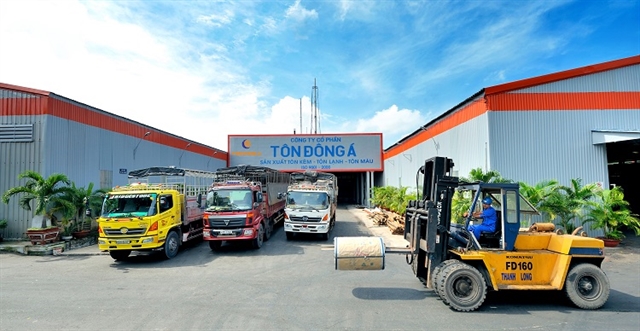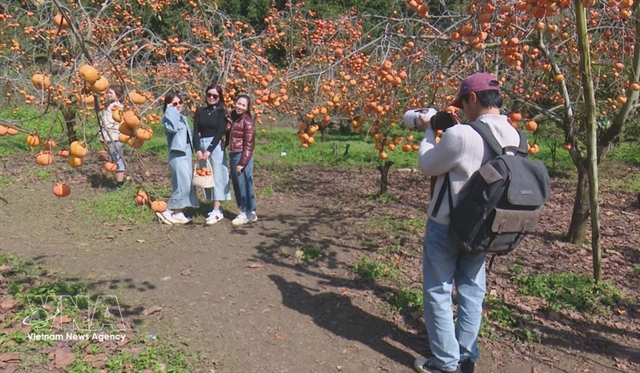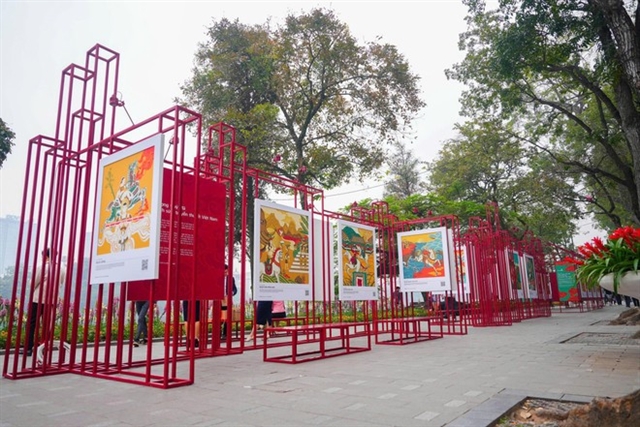 A Twist in the Tale
A Twist in the Tale

Students at schools in a remote commune in the central province of Quảng Nam are threatening to leave school, all because of their lunch. Under new rules, pupils from poorer backgrounds will not be allocated free school meals.
Students at schools in a remote commune in the central province of Quảng Nam are threatening to leave school, all because of their lunch.
Under new rules, pupils from poorer backgrounds will not be allocated free school meals.
So now they are threatening to walk out of class while teachers are desperately trying to raise fund to feed them.
A typical case is the Nguyễn Văn Trỗi Junior Secondary Boarding School in A Nông Commune, Tây Giang District.
A total of 210 ethnic minority students are studying at the school.
Three years ago, when the commune was not recognised as a new rural area, all of the students received allowance for meals from the State.
But after the commune was granted its new status the free meals were taken off the menu.
Hồ Thị Tâm, principal of the school, said that without the allowance, the students faced high risk of quitting school because their families were too poor to pay for the meals.
“We strive to maintain the students’ meals by calling for help from everywhere, but if the situation goes on, it’s so difficult to keep the students in school,” said Tâm.
The same situation happened at the Tây Giang High School, with nearly 100 students coming from Lăng Commune, which has also been recognised as new rural area.
Different schools in the district sent letters to ministries to restore allowance for students, who were cut the allowance as their communes reached new rural area ‘norms’.
But until now, the problem is not solved.
A spokesperson from the district’s education department said it had sent a report to the district People’s Committee to ask for help.
The Tây Giang District People’s Committee agreed to support 371 students with VNĐ360,000 (US$15) each per month. The support will last until the end of this school year.
But it’s a short-term solution.
It’s obvious that when the communes reach achievements, not everyone will benefit from it.
Việt Nam’s National Target Programme on New Rural Development was approved in June 2010, listed 19 basic criteria, including infrastructure, education, healthcare and culture, as well as environment and employment, for recognition as a new-style rural area. — VNS




